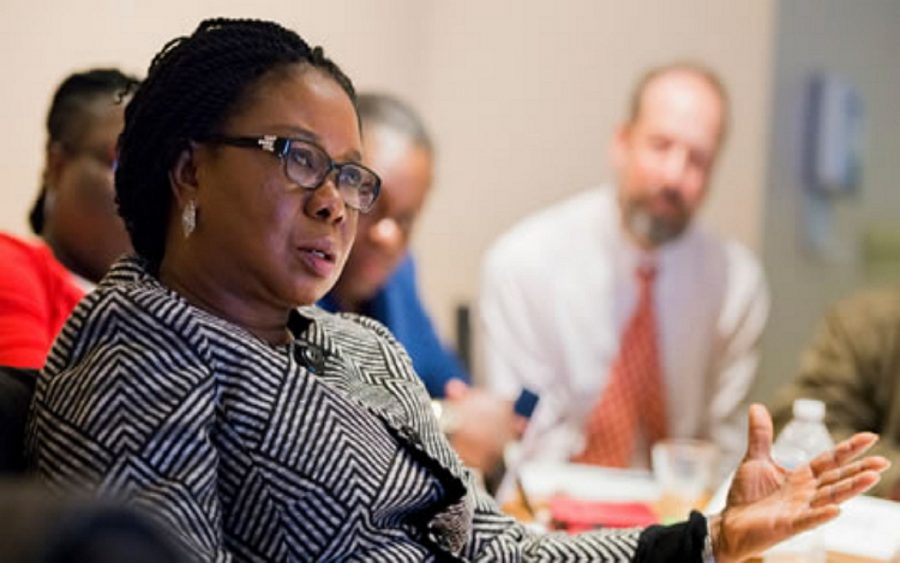Securities Exchange Commission (SEC) has set a 7-year timeline to revive the commodities market in Nigeria. The regulator hopes to revive the commodities market by bringing the Nigerian Commodity Exchange (NCX) to speed with other commodity exchanges around the globe. This restructuring, according to SEC, will be concluded in 2025.
This move by SEC is geared towards economic diversification agenda of the Nigerian Government to grow the country’s agricultural value chain. This restructuring will see the Nigerian Sovereign Investment Authority (NSIA) inject funds into the commodity market.
Restructuring plan
AFEX Commodities Exchange – a privately owned commodity exchange moved 46,160 metric tonnes (MT) of commodities (ginger, paddy rice, soya beans and maize, etc) worth N6.3 billion between second quarter 2016 and fourth quarter, 2017, according to available data. This makes it the only viable commodity exchange in Nigeria.
Part of the restructuring plan includes injection of funds by the NSIA into NCX – which has been comatose for some years.
To also facilitate the plan, SEC has set up a special division – Commodities Division – as part of measures to strengthen regulatory capacity for the market. The NCX has been battling with a host of challenges, including lack of funding occasioned by government’s inaction, lack of enabling laws and proper understanding of the operations of the commodities exchange.
Recommendations by the Technical Committee on Enhancing the Commodities Trading Eco-system – set up to recommend solutions to the problems of NCX – suggest that the restructuring would be in four phases; with the first phase lasting for two years from 2018 to 2019.
The first phase will focus on achieving food/input sufficiency, price discovery and market development with special attention on agricultural produce like maize, sorghum, soya beans, cassava, and rice. This phase will also involve engagement in public enlightenment and development of education roadmap by the SEC as well as encouraging investment in warehouses and storage facilities by both the Commission and private sector operators.
This phase will also involve organisation of farmers into cooperatives by the Central Bank of Nigeria (CBN), Federal Ministry of Agriculture and Rural Development (FMARD), and SEC to aggregate produce and encourage them to become members of the exchange among other relevant actions.
The second phase, which will last for another two years (2020 to 2021), will focus on the development of export-focused commodities in agriculture like cocoa, sesame, cotton and palm oil; and continuous de-risking of the agriculture value chain by the National Insurance Commission (NAICOM).
In the third phase (2022 to2023), exchanges would be expected to key into Customs Single Window System to ease the process of export.
Finally, during the fourth phase of the project (2024 to 2025), SEC and other stakeholders will ensure that there is a strong international presence in the commodities market, while tradeable commodities will be expanded to include solid minerals and energy.















